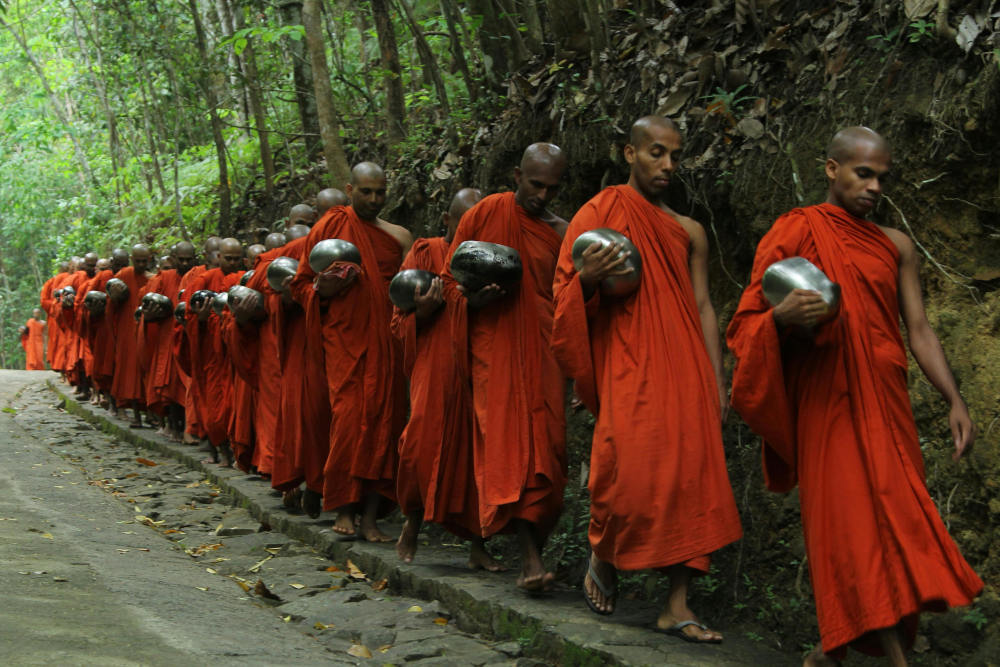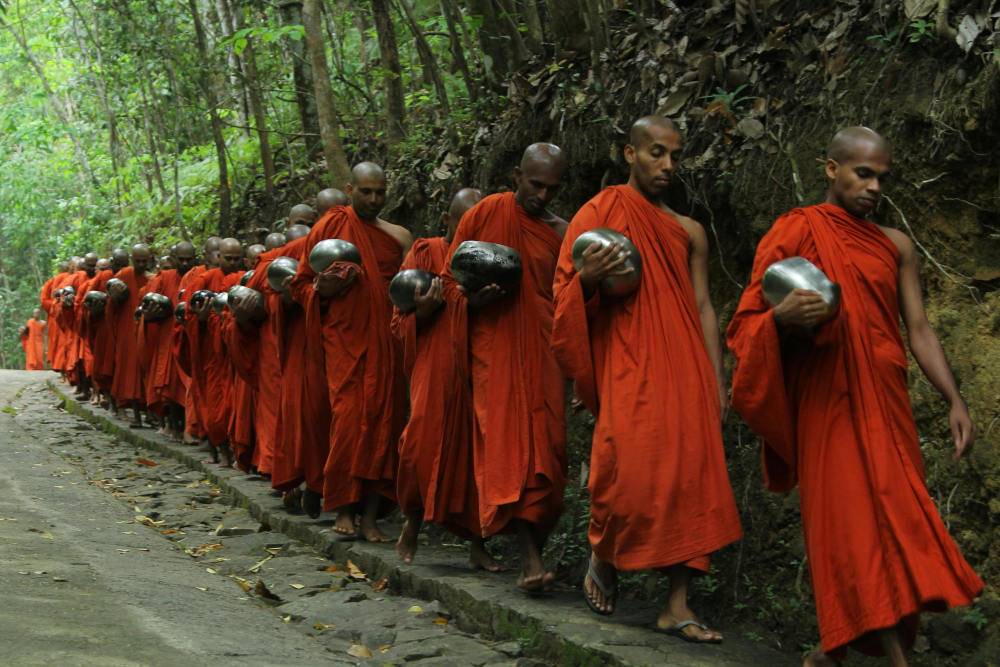
The groundbreaking Dutch denim brand Kuyichi founded in 2000 has been in the fight for better cotton for more than 20 years. Only a few fashion brands can claim to be a pioneer in sustainability.
Kuyichi launched the world's first organic denim after seeing the disastrous impact of the cotton industry on people and nature.
A group of activists from the Dutch NGO Solidaridad visited the cotton fields of Oro Blanco, Peru in 2000 and became aware of the dramatic effects of the cotton industry's pollution on the local population.
Kuyichi was born. The brand is named after the rainbow God K'uychi or Coichi worshipped by the Incas, connected with fertility, who brings color and positivity to the earth and all living things.
In cotton farms around the world, people suffer from poor working conditions and low wages. Very few fashion brands and consumers are interested in purchasing organic cotton as it's still quite expensive.
Cotton is still one of the most used fibers for clothing and is mass-produced in many countries. 30.3 million tons of cotton are produced each year globally, according to the Food and Agriculture Organization of the United Nations (FAO).
But cotton production is very harmful to the environment and the farmers. It represents 2.5% of the total agricultural area on Earth but it consumes 4% of all nitrogen and phosphorous fertilizers globally. It also uses 16% of all insecticides, and 7% of all herbicides, as reported by the Global Fashion Agenda.
Conventional cotton production uses harsh chemicals such as orthophosphates (phorate and methamidophos, endosulfan, and aldicarb), and man-made pesticides such as Trifluralin, Toxaphene, and DDT.
Many pollutants that are harmful to farmers' health and ecosystems are controlled and limited by international usage restrictions. But agricultural use continues in many East-Asian countries.
The World Health Organization (WHO) estimates that three million cases of pesticide poisoning occur annually, resulting in an excess of 250,000 deaths. This mortality accounts for a substantial fraction of the almost 900,000 people worldwide who die by suicide every year.
On the other hand, organic cotton is non-GMO and grown without man-made pesticides, herbicides, or fertilizers. Organic cotton farming can potentially save 218 billion liters of water and 92.5 million kg of carbon dioxide, according to the Textile Exchange.
Apparel brands and retailers have the power to establish new cooperations with farmers and suppliers. They can lead the industry's transformation toward more accountability, transparency, and sustainability.
Sustainable and ethical fashion brands can also support local communities, and encourage consumers to buy better cotton, organic, and Fair Trade.
Kuyichi is the first denim brand that decided to manufacture jeans from 100% organic cotton launched back in 2003. It aimed to create a production chain that benefits everyone.

Jeans are the most widely worn cotton clothing and also one of the most polluting products. It takes about 20,000 liters of water to produce one kilogram of cotton, the equivalent on one cotton shirt, and one pair of jeans, according to the World Wildlife Fund (WWF).
Textile and apparel production worldwide, including cotton farming, uses almost 100 billion cubic meters of water annually, as reported by the Ellen MacArthur Foundation.
Water scarcity is a huge issue. It already affects every continent. Agriculture uses 70% of all irrigation water globally, according to the United Nations. And global cotton production accounts for 3% of total agricultural water.
Kuyichi wants to stay a pioneering, style-conscious brand that inspires younger generations to wear organic jeans. Luckily, the interest in organic cotton is growing.
“The merciless struggle for low prices, ever faster productions, and the offer of more and more collections per year is not tenable. The system requires a turnaround. [...] Our tendency is growing towards success and the realization of our ideals. If you know better, you have to do it better. We want to inspire the industry in the long term. [...] We inspire people to consume more sustainably. I am incredibly proud of what we have achieved. However, the most important thing is still that we keep fighting for what we believe in."
- Peter Schuitema, Kuyichi Chief Executive Officer
Kuyichi creates collections that last beyond the season including timeless essentials, with a perfect fit, and premium quality. It's currently expanding its portfolio of sustainable materials, such as hemp and linen.
This season, Kuyichi is launching its most sustainable denim ever: the Undyed collection, including various jeans for men and women made from 100% undyed organic denim.
Was this article helpful to you? Please tell us what you liked or didn't like in the comments below.
About the Author: Alex Assoune
What We're Up Against
Multinational corporations overproducing cheap products in the poorest countries.
Huge factories with sweatshop-like conditions underpaying workers.
Media conglomerates promoting unethical, unsustainable products.
Bad actors encouraging overconsumption through oblivious behavior.
- - - -
Thankfully, we've got our supporters, including you.
Panaprium is funded by readers like you who want to join us in our mission to make the world entirely sustainable.
If you can, please support us on a monthly basis. It takes less than a minute to set up, and you will be making a big impact every single month. Thank you.































0 comments